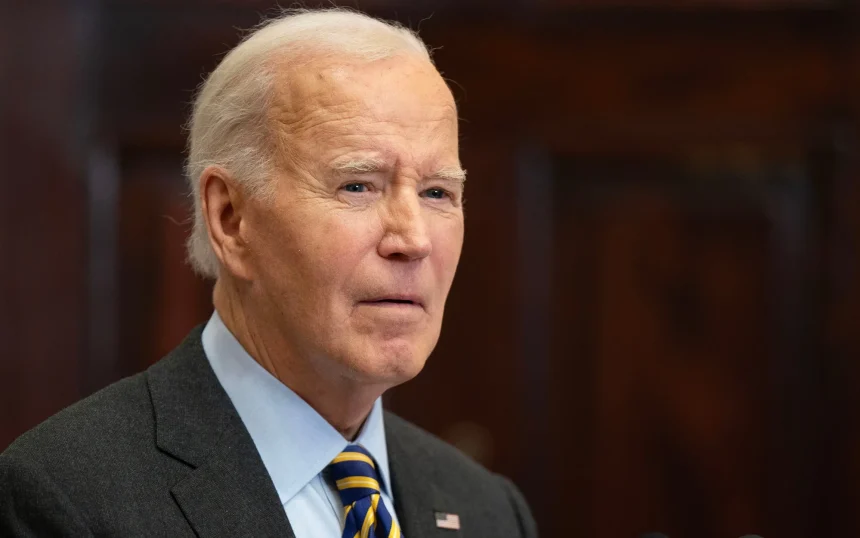Former U.S. President Joe Biden has been diagnosed with an aggressive form of prostate cancer that has metastasized to his bones, according to a statement released Sunday by his personal office.
The diagnosis follows a recent medical evaluation prompted by persistent urinary symptoms. Physicians identified a prostate nodule, which further testing confirmed to be cancerous. The cancer was assigned a Gleason score of 9—an indication of the most aggressive form of the disease—placing Biden in Grade Group 5, the highest classification for prostate cancer severity.
While the news marks a serious turn in the 82-year-old former president’s health, the statement noted a critical silver lining: the cancer remains hormone-sensitive, which typically allows for more effective treatment options. Biden and his family are currently consulting with his medical team to determine the most appropriate course of action moving forward.
The update comes just days after reports emerged that Biden had undergone evaluation for a “small nodule” on his prostate. At the time, the nature of the growth was not confirmed. Now, with the full diagnosis public, attention has turned to what lies ahead in terms of treatment and prognosis.
Medical experts, though not involved in Biden’s care, have weighed in on the seriousness of the condition. Dr. Jamin Brahmbhatt, a urologist and robotic surgeon at Orlando Health and assistant professor at the University of Central Florida’s College of Medicine, emphasized that prostate cancer is relatively common in older men. “As we age, it’s not unusual to find small cancer cells in the prostate,” he said.
However, the level of aggression in Biden’s case is particularly concerning. “A Gleason score of 9 indicates a highly aggressive form of prostate cancer,” noted Dr. Benjamin Davies, a professor of urologic oncology at the University of Pittsburgh Medical Center, in a written statement.
Despite the severity of the diagnosis, experts agree that advancements in cancer treatment—particularly for hormone-sensitive cases—offer hope for slowing the disease’s progression and maintaining quality of life.
Biden is currently resting at his home in Wilmington, Delaware, where he is expected to remain while discussing next steps with his healthcare providers and family. As the former president begins this new chapter in his health journey, messages of support have begun pouring in from political allies, public figures, and citizens across the country.



